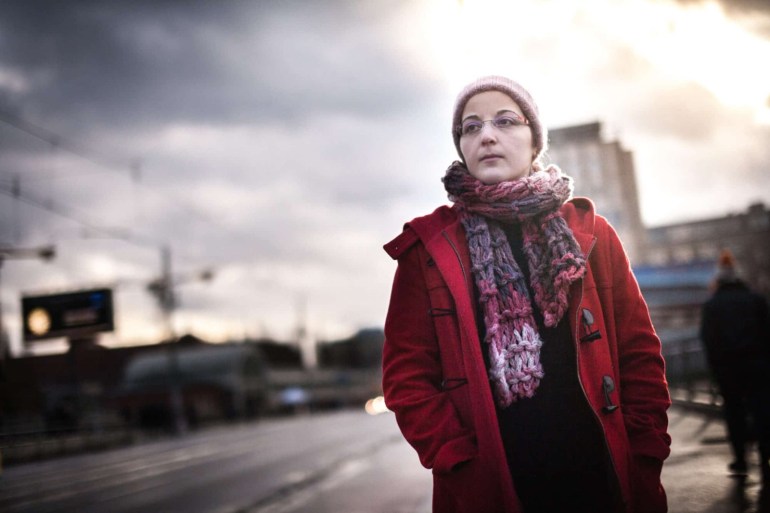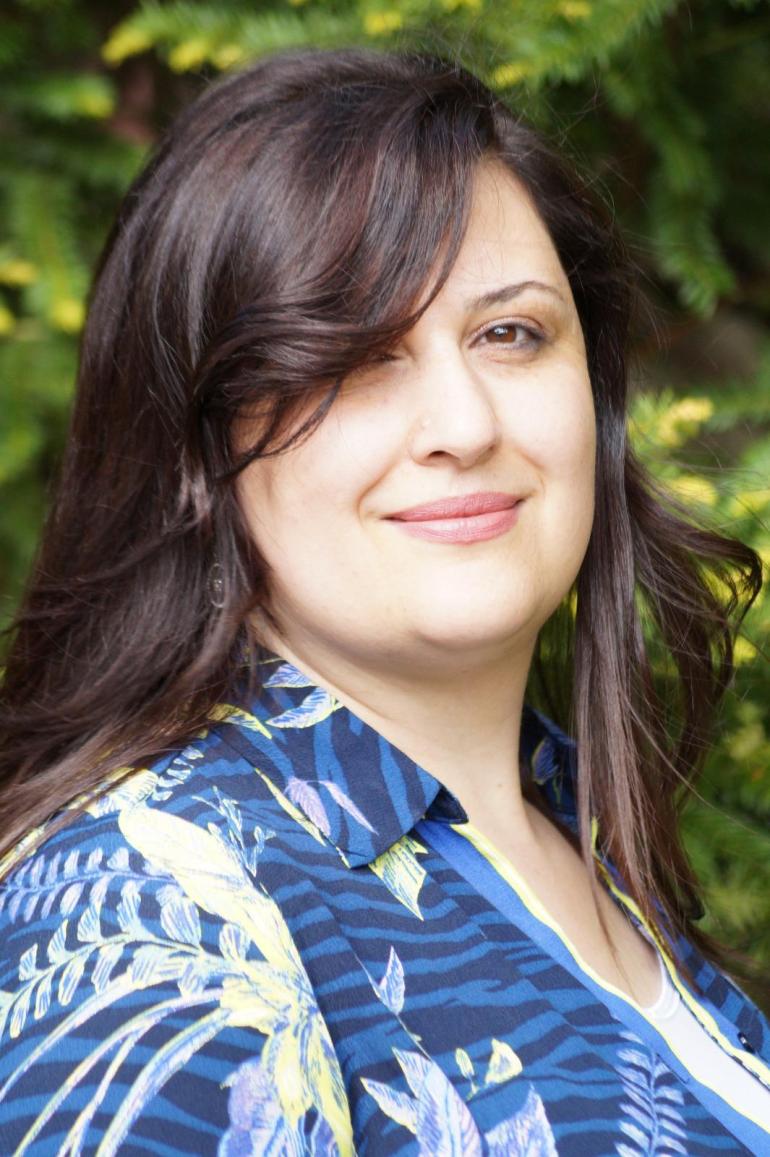What do Syrians think about the welcome for Ukrainian refugees?
Although they have the same enemy, Syrians in Germany say they did not enjoy the same open-armed embrace when their country’s war erupted.

Berlin, Germany – Germany won praise and criticism for welcoming Syrian refugees in 2015 and is now opening its borders for Ukrainians fleeing war.
Of the four million people who have fled the Russian invasion, more than 150,000 have arrived in the German capital Berlin and more are expected in the coming weeks.
KEEP READING
list of 4 itemsRussian Nobel laureate donates medal to Ukrainian refugees
Russia-Ukraine: ‘Helping refugees is easy now. It may get harder’
US to accept up to 100,000 Ukrainian refugees, provide more aid
Why is Europe suddenly so interested in helping refugees?
But while the public is largely in support of hosting Ukrainian refugees, the same cannot be said of the attitude towards people who arrived from Syria or Iraq, who have in past years been viewed as a burden on society.
Reflecting on the new refugee crisis and these comparisons, Syrians now living in Germany shared their thoughts with Al Jazeera.
‘We were treated like criminals’
Jawad Aljeblawy, 34, arrived in Berlin via Turkey in 2016.
“The difference is more at the political level [rather than among civil society]. We were treated like criminals by the government and the media, not as people fleeing war in our home country.
“It’s great that Ukrainians are being looked after at the political level in this way, but the message that I see is that there is a difference between those who are Europeans with blond hair and blue eyes and non-European Arabs and Muslims.”
‘When the media says “they look like us”, it makes you feel bad’
Ahmad Kalaji, 35, a journalist and master’s student from Damascus, now lives in Berlin.

“What has been bad for me to see is the way some reporters have been covering this. We know exactly how it feels for the Ukrainians because we suffer from exactly the same thing – Russia destroying entire infrastructure and bombing hospitals and schools. We have experienced all of this.
“When the media decides to bring people from Syria or Iraq into it, and say things about how similar the Ukrainians are to them as reporters – ‘they drive like us, look like us, even read the same newspapers as us’ – it just makes you feel very bad.
“These tragedies are very big, we don’t need to be brought into this in this way.”
‘Solidarity should be granted to everyone’
Damascus native Ameenah A Sawaan, 31, is a justice and accountability campaigner at the Berlin-based Syria Campaign group.

“Authorities should do better with the Ukrainians because they should have learned something from [the 2015 refugee crisis]. Communities are still welcoming and supportive but I think it is about how politics is playing a role. What politicians are doing and how they’re reacting to welcoming newcomers – that may be a bit different than before.
“The response that Ukrainian refugees have been receiving has been great – and should be the normal human and political reaction to any human tragedy. Going forward, welcoming refugees, regardless of where they’re coming from, should be the norm.
“They should be supported at every step and this is what we should be trying to keep in our minds while pressuring European countries to have a better, more open-minded and supportive role when dealing with migration from places that have horrific wars. Solidarity should be granted to everyone.”
‘We both have the same enemy’
Yasmin Merei, 38, is from Homs. She founded and heads the Berlin-based Women for Common Spaces, a civil society association for refugee Arab women.

“It’s very important to support refugees with things like accommodation and food but these efforts don’t solve the fundamental issue, which is that people have been forcibly displaced. While messages of solidarity with Ukrainian flags and colours across buildings and online are nice, real political action is what is needed.
“I only hope that the Ukrainians can go back to their country as soon as possible and that there is peace in both Ukraine and my country Syria, since we both right now have the same enemy.”
These interviews were slightly edited for clarity and brevity.
No comments:
Post a Comment